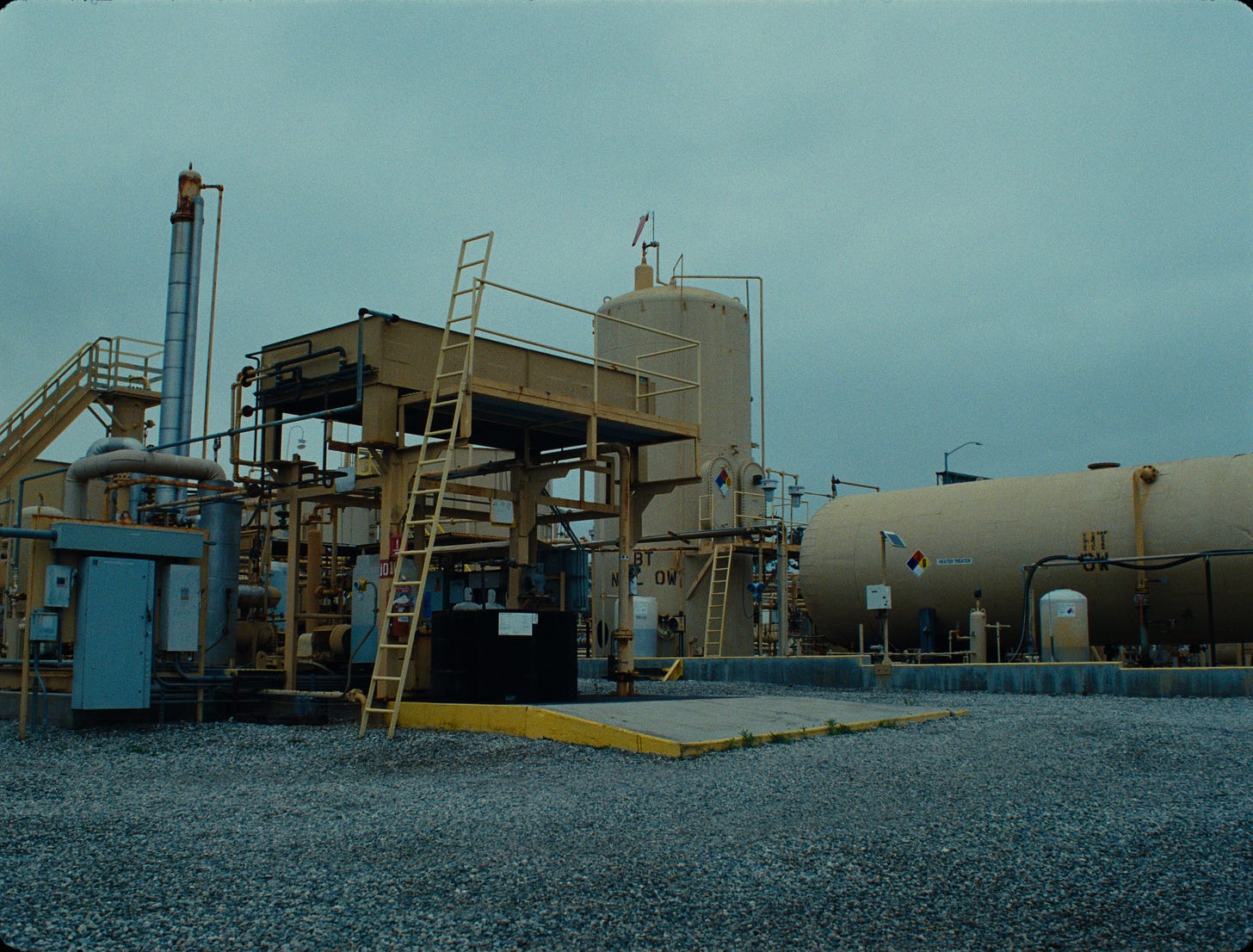Day 10: UCLA rep says its baseball field doesn't principally serve vets — and never has
The candid admission drew sympathy from the judge. “I understand how uncomfortable it is,” Carter said. Meanwhile, the oil settlement sinks and vets recount their homelessness survival stories.

Questions surrounding UCLA baseball’s Jackie Robinson Field led off the tenth day of the Powers v. McDonough trial, a day after Judge David Carter and attorneys toured the site on the West LA VA campus.
The plaintiffs called Tony DeFrancesco, executive director of the veterans affairs relations and programs for UCLA and liaison between the VA and the school.
While on the stand, plaintiffs’ counsel Mark Rosenbaum asked DeFrancesco about the terms of UCLA’s lease with the VA, pointing out that, among other issues, the school was paying well below market rate for its lease.
DeFrancesco did not offer any defenses of the lease practices and Rosenbaum noted his commitment to the veterans at the VA.
I’ve been serving vets my whole career, DeFrancesco noted.
“I think it’s obvious you care deeply about veterans,” Rosenbaum said.
Long Lead is reporting from Powers v. McDonough every day court is in session. Subscribe here to get our daily briefings sent direct to your inbox every morning:
The Rosenbaum asked bluntly if he thought that the baseball stadium did not principally serve veterans.
“Yes,” DeFrancesco answered.
“And that’s always been the case?” Rosenbaum asked.
“I believe so,” DeFrancesco said.
Before leaving the stand, Carter thanked DeFrancesco for his “candidness.”
“I understand how uncomfortable it is,” Carter said. “I wish the UCLA athletics director were here answering these questions.”
An epic government scandal hiding in plain sight
This summer, Long Lead published Home of the Brave, a multi-part, multimedia series exploring the unhoused veteran crisis at the West Los Angeles VA campus, a 388-acre property that was deeded to the U.S. government to provide veterans housing. Over the last 50 years, that land has been carved up and leased to private interests while development for veterans housing has been painfully slow. This newsletter reports the rest of the story — how veterans are fighting to reclaim the land in a class-action lawsuit against the Department of Veterans Affairs.
Home of the Brave chronicles a land grab dating back to the U.S. Civil War, bursting with government malfeasance, neglect, graft, and even death.
Now available from Long Lead — read it today.
The plaintiffs’ counsel Roman Silberfeld next called real estate developer Randy Johnson, who had worked with Steve Soboroff in Playa Vista. Like Soboroff, Johnson had been retained by plaintiffs to strategize on how to place units of temporary housing on the campus. “My parameter is how do you get it done and the steps to get it done,” he said. “I’ve been looking at what is possible to do.”
As he did with Soboroff, Carter again poked at some of the granular details and issues with some of the sites identified as potential temporary and permanent housing locations. Regarding one site proposed by Soboroff and Johnson adjacent to the 405 Freeway, Carter again said that he would not build housing within 500 feet of the roadway.
“That’s not a restriction I was aware of,” Johnson said.
“That’s a restriction I’m placing on you,” Carter answered.
Carter and Johnson discussed housing density (whether three- or four-story structures would be feasible or necessary), costs (Johnson said the total would be a “big number” around $1 billion), and possible financing vehicles.
Carter expressed a distaste for four-story structures.
In selecting sites for temporary housing, if we ignore the UCLA and Brentwood School areas — which the judge noted in the prior day’s testimony Soboroff had not considered building on — Carter said, that leads to taller buildings. The judge said he had a hard time understanding why the developers had ignored those possible development sites.
Johnson noted that interruptions of the UCLA and the Brentwood School areas had been avoided in planning for additional housing.
“Why,” Carter asked.
“Litigation,” Johnson said.
The day also saw Carter weigh in on a settlement that had been proposed between Bridgeland oil and the plaintiffs which would have seen the company “quit claim” or turn over a portion of its lease to the VA. Carter said he had “extensive” concerns including issues with possible health risks of building on or around an oil field and close to a freeway.
“We may be running into problems that will make this, frankly, a nightmare,” he said.
Ultimately, Carter did not want to chill attempts at a settlement but inferred that it should be reworked.
For the first time since the early days of the trial, the court heard testimony from veterans who had experienced homelessness but were currently housed on the campus.
Joshua Petitt, an Army veteran who has served from 2002 to 2008, took the stand first. Petitt said he enlisted on Sept. 13, 2001, two days after the 9/11 terror attacks and was deployed on one tour to Iraq in the dangerous Anbar province.
“Americans were dying every day,” Petitt said.
During his 14-month deployment, his battalion took “heavy casualties,” he said. Twenty-six members of the battalion were killed in action while Petitt himself received three Purple Hearts. After returning home, he began suffering from mental health issues that included anger, nightmares and drug abuse.
With one month left until he was due to be discharged, he left the base one weekend to see his newborn daughter.
“I didn’t come back,” he said. “When they did catch me, they charged me with desertion.”
Petitt was ultimately given an honorable discharge but felt that he was ill-equipped to return to civilian life.
How disability payments block homeless vets from getting housed
In this clip from "The Promised Land," a Long Lead documentary by director and veteran Rebecca Murga, veterans Robert Canas and Josh Petitt describe how more severely disabled veterans are excluded from housing on the West LA VA campus.
The full, short film is an unflinching look at LA’s homeless veteran crisis, providing a street-level view of what life is like when your government leaves you behind. Watch it here.
Petitt said he had been homeless intermittently since 2011 and struggled with drug abuse, PTSD and other issues.
“It’s like being back in Iraq,” he said of being homeless. “You do things to keep yourself awake and alert.”
Eventually, Petitt made his way to the Greater Los Angeles campus, first living in the tiny shelters and then waiting for one of the renovated buildings to come online.
“I wanted one of those apartments,” he said. “They said, ‘You can’t, you make too much (disability) money.’”
Eventually, after the lawsuit was filed, he obtained an apartment in Building 205 where he lives today.
Why do you want to live near the West LA Campus, plaintiffs counsel asked.
“Because I love my bro-vets,” Josh Petitt said, adding, “It helps with my mental health.”

Lavon Johnson, another Army vet, followed Petitt on the stand. “I’m a little nervous,” Johnson said as he sat in the witness box. “There’s a lot of people.”
Johnson served as an attack helicopter mechanic after enlisting in 2004. He served a 15-month tour in Iraq. “It didn’t even register that I could die one day,” he said of his deployment, during which he suffered a traumatic brain injury.
Johnson said after being discharged he was “immediately homeless” as he struggled to adapt to civilian life. For eight years he was homeless in Texas before he made his way to Los Angeles and the VA where he obtained a HUD-VASH voucher for an apartment 15 miles from the campus, leading to 30-mile round trips for appointments and care.
He called the experience of living away from campus “lonely.”
One day, he said, he left the apartment and “wandered for about a week” before returning to the VA campus, where he lived at Veterans Row for about a year, and was eventually hospitalized.
Johnson eventually obtained housing in Building 208. “It’s the best thing for me,” he said of living on campus. The community of other veterans “actually get me,” he said.
Asked if the campus needed additional housing Johnson answered, “Yes, yes we do. There are a lot of veterans out there.”
Following Johnson’s testimony, Keith Harris, senior executive homelessness agent for the GLA campus, testified about his role at the campus.
Plaintiff’s attorney Mark Rosenbaum asked Harris about attempts to address the issues facing the GLA campus with VA officials, like Sec. Denis McDonough, White House officials, or other parties.
Proceedings for Powers v. McDonough will continue on Friday, August 23 at 8:00 a.m.








